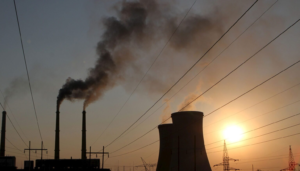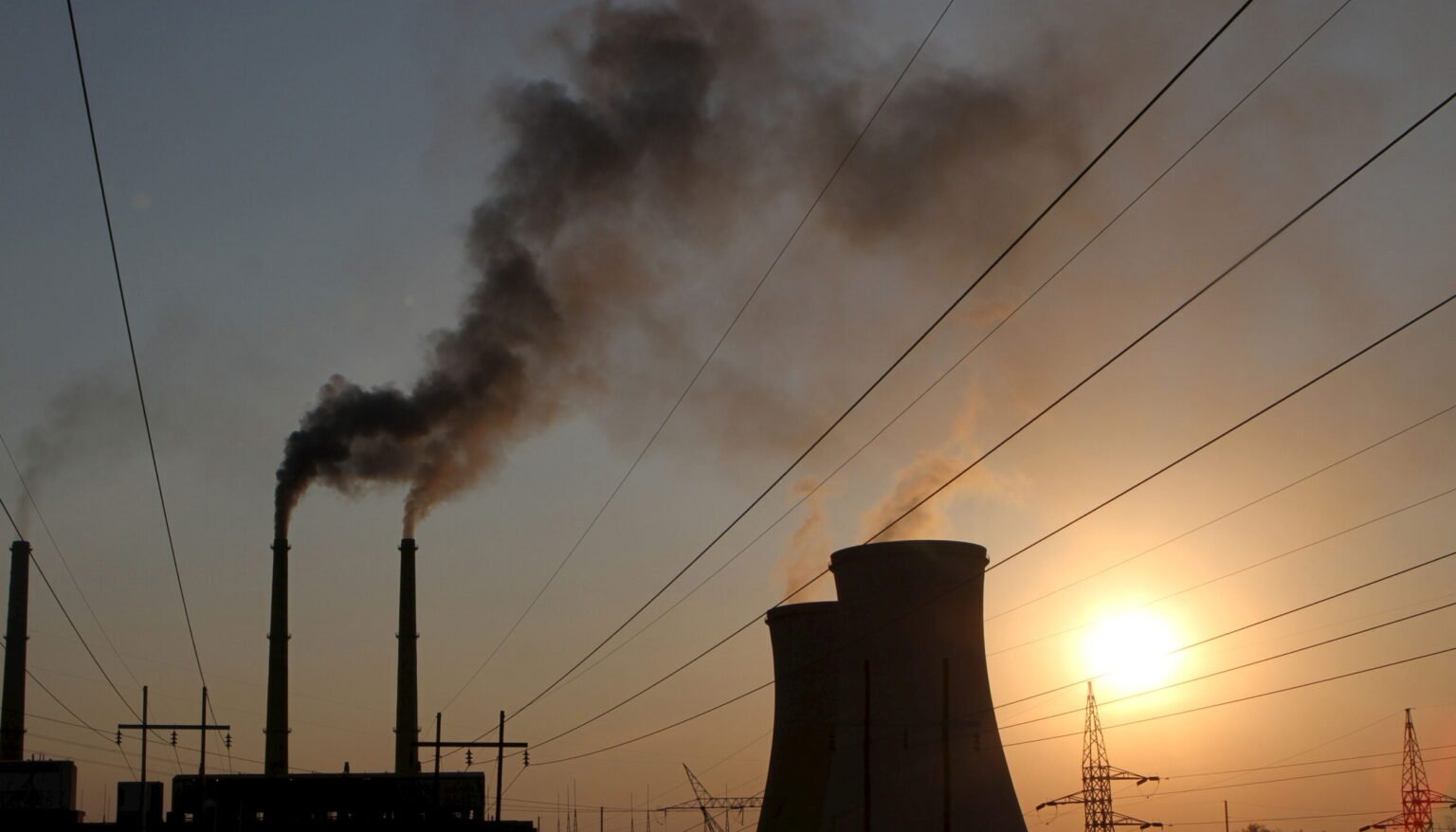
Plans by President Emmerson Mnangagwa’s administration, to restore Zimbabwe as one of the fastest developing economies in Africa, have been hit hard by China’s announcement that it will stop funding coal mining projects outside its borders – a precautionary measure to limit carbon emissions, as the world grapples with the crisis of climate change and global warming.
Delivering his key message to world leaders at COP26, UN Secretary General Antonio Guterres said: “The six years since the Paris Climate Agreement have been the hottest years on record. Our addiction to fossil fuel is pushing humanity to the brink.”
Ahead of the climate change summit, China had already announced its plans to stop financing fossil fuel projects in order to reduce carbon emissions. However, for countries like Zimbabwe, such a decision has put a damper on plans for improving its electricity supply.
Through the National Development Strategy (NDS1), the Zimbabwean government has been looking to turn the country into an energy exporter by 2023. However, following China’s decision, the country is now looking for immediate solutions to restore its power projects and improve electricity generation capacity.
China’s investment U-turn
Soon after China’s announcement, which was made at the UN General Assembly meeting in September, Beijing’s largest bank – the Industrial and Commercial Bank of China (ICBC) – cancelled its $3bn financing plans for a 2800MW coal-fired project in Zimbabwe.
Sydney Gata, chairperson of the Zimbabwe Electricity Supply Authority (ZESA), says China’s decision will negatively impact the country.
“Economic growth for most African countries in [the] SADC region is based on fossil fuel. The decisions to cut funding on fossil fuel energy will leave a profound gap on the economic development for the country,” he says.
For his part, Gibson Nyikadzino, a political analyst at the University of Zimbabwe, tells The Africa Report that China’s decision was strategic.
“China’s pronouncement […], a few weeks before the COP26 climate change summit, was a result of pressure from its partners. China’s decision could not have been unilatera[l], there is communication that has happened, and as a result, China had to make that pronouncement of reducing emissions,” he says.
“China is looking forward to balancing its interest [in] humanity and also reconfigur[ing] its relations with other partners and states. African countries are not the biggest polluters [and] Zimbabwe’s fossil fuel emissions are insignificant in any way.
Zimbabwe is paying the debt, which is supposed to be paid by those that pollute the environment,” he says.
Losing its biggest financier, what’s next for Zimbabwe?
As a country with vast tracts of underground mineral reserves, losing its major financier means the unexploited coal deposits, which Zimbabwe could have used to improve its power generation capacity, risk becoming redundant.
Dependent on Chinese investment to fund its mining projects, Harare is now forced to look for new funding solutions. However, in a world progressing towards a green economy by 2030, priority is now on renewable energy sources.
“There is always an opportunity in every crisis. During the UN General Assembly speech, China said it will support developing countries in developing green and low-carbon energy,” says Gata.
Despite losing its greatest financier for coal mining, Zimbabwe’s power generation capacity has always been compromised by the use of obsolete machinery and infrastructure, which were designed and commissioned in the late 1970s, but are still operational, says John Maketo, the programs manager at Zimbabwe Coalition on Debt Development (ZIMCODD) .
“The power-cuts in the country, stretching for more than 12 hours, [are] attributed to tattering domestic electricity generation. Electricity production at Zimbabwe’s Hwange Thermal Power Station has been affected by frequent breakdowns, caused by [an] aging thermal station,” he says.
“The situation is getting out of hand and there is a strong need for alternatives. To reduce pressure on the masses, the government and ZESA should engage Zambia and Mozambique for new power deals, which could see the nation importing more electricity,” says Maketo.
Under President Mnangagwa, Zimbabwe is looking to become an energy exporter by 2023 and to be fully industrialised by 2030.
To attain such goals, the country needs to adopt fluid, foreign and domestic policies to supplement energy production through hydropower.
“Zimbabwe has been targeting major infrastructure projects as its development strategy, and some of these are based on natural resources we have, and coal is one of our biggest resources. Our biggest agenda for industrialisation is being cut short by the Chinese government,” says Nyikadzino.
Going green?
Mnangagwa’s government has been making efforts to improve Zimbabwe’s investment capacity by calling for the removal of economic sanctions and introducing re-engagement policies such as the ‘Zimbabwe is Open for Business’ mantra and the National Development Strategy 1.
The latter is to change the image of Zimbabwe as a politically unstable country, so that companies can be encouraged to invest.
“It is also important to supplement our energy through water harvesting. What Zimbabwe needs to do is to resort to clean energy investment[s]. These could be solar energy or wind energy.
We need to tap in[to] infrastructure technologies for generation of our electricity, [by] harvesting the sun, wind and water,” Maketo tells The Africa Report.
Committed to conform to the goals of COP26, countries in the southern African region, including Zimbabwe, have national strategies to deliver an upper middle-income economy by 2030.
However, achieving this goal presumes universal access to electricity, based on energy systems that are available, accessible, affordable and green.
“Zimbabwe should look at more investment and resort to clean energy. It needs to re-engage with China in terms of its desire to have clean energy investment, because coal would actually mean Zimbabwe would be at risk of investing [in] equipment that would be [obsolete], as we are moving from fossil energy to clean energy,” says Nyikadzino.
The Africa Report


